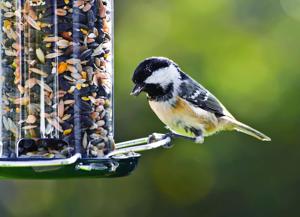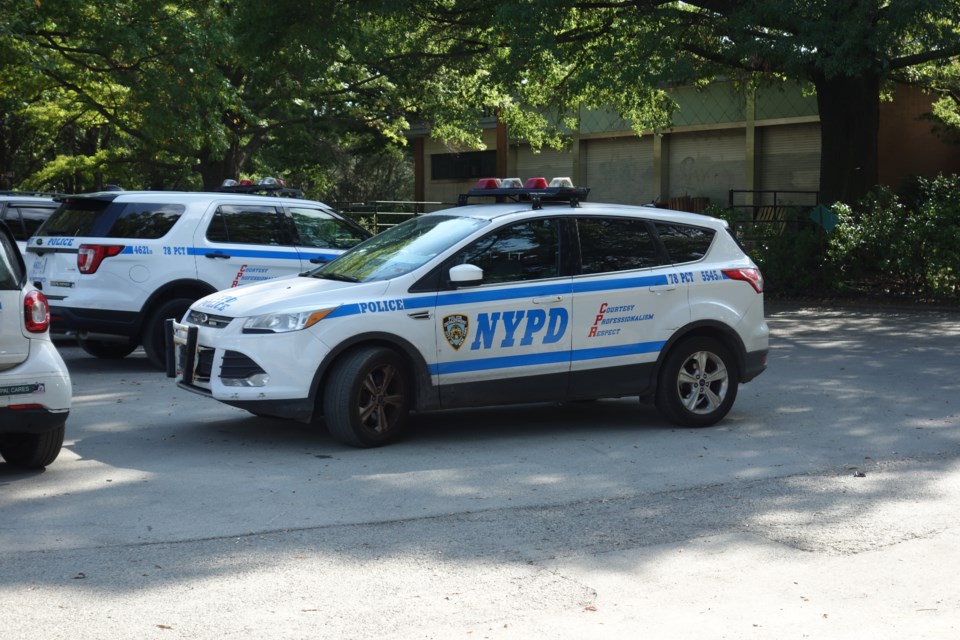UPDATE: Effective immediately, bird enthusiasts across the globe are urged to enhance the safety and health of their feathered friends. A newly released guide from the National Audubon Society outlines critical care practices for bird houses, feeders, and baths, highlighting the urgent need for proper maintenance.
As of September 2023, many homeowners are unaware of the crucial role these structures play in avian health. Experts stress that clean and well-maintained bird houses, feeders, and baths can significantly reduce the risk of disease among local bird populations. The latest data reveals that contaminated feeders can lead to outbreaks of illnesses that threaten various species.
Immediate actions recommended by officials include thoroughly cleaning bird feeders and baths every two weeks, especially during peak bird activity seasons. This simple maintenance can help prevent the spread of infections that can decimate bird communities.
In a statement, the National Audubon Society noted,
“By taking proactive steps to maintain bird care structures, we can help ensure the survival of our beloved avian species.”
Why does this matter? With the increasing impact of climate change and habitat loss, maintaining healthy bird populations is more essential than ever. Engaging in proper bird care practices not only supports wildlife but also enhances the beauty and diversity of gardens and backyards.
For those looking to contribute positively, the Audubon Society suggests checking local listings for community events focused on bird care and conservation. By participating, individuals can learn more about how to create safe environments for birds and explore ways to get involved with local wildlife organizations.
Next steps: Homeowners should review their bird care practices immediately, ensuring that all structures are cleaned and inspected for damage. It’s also vital to stay informed through reputable sources like the National Audubon Society to keep up with best practices in bird care.
Share this information to raise awareness and help protect the birds in your community! Every small action can lead to significant impacts on wildlife health.







